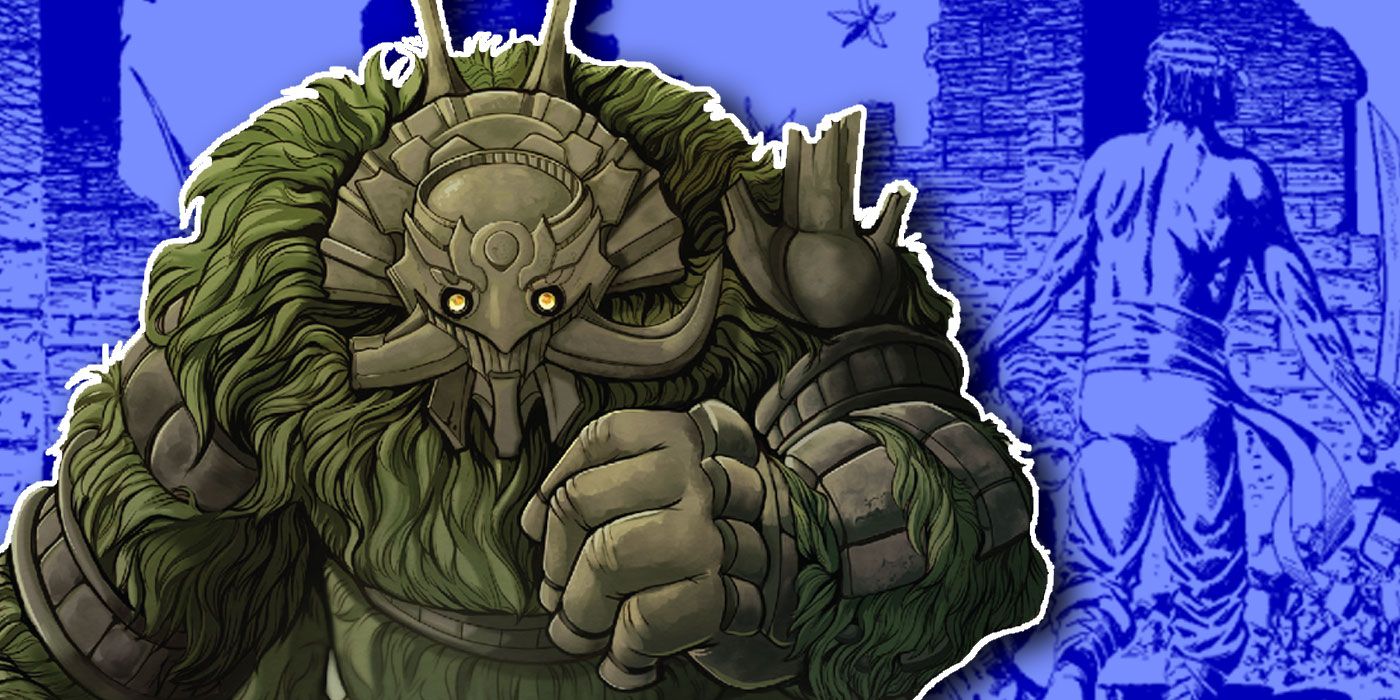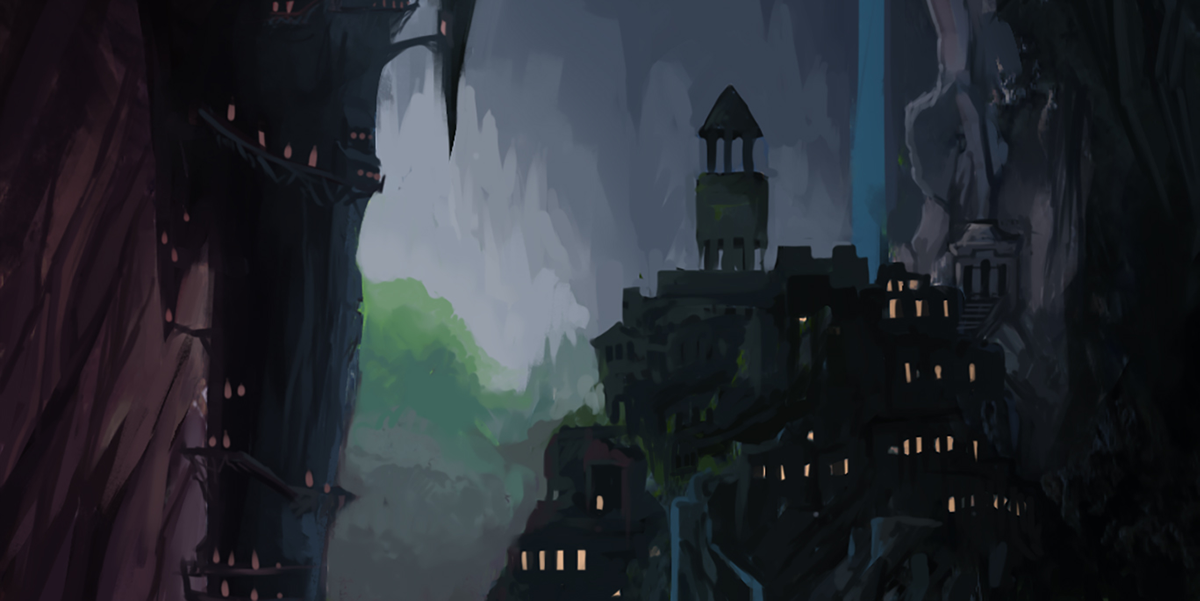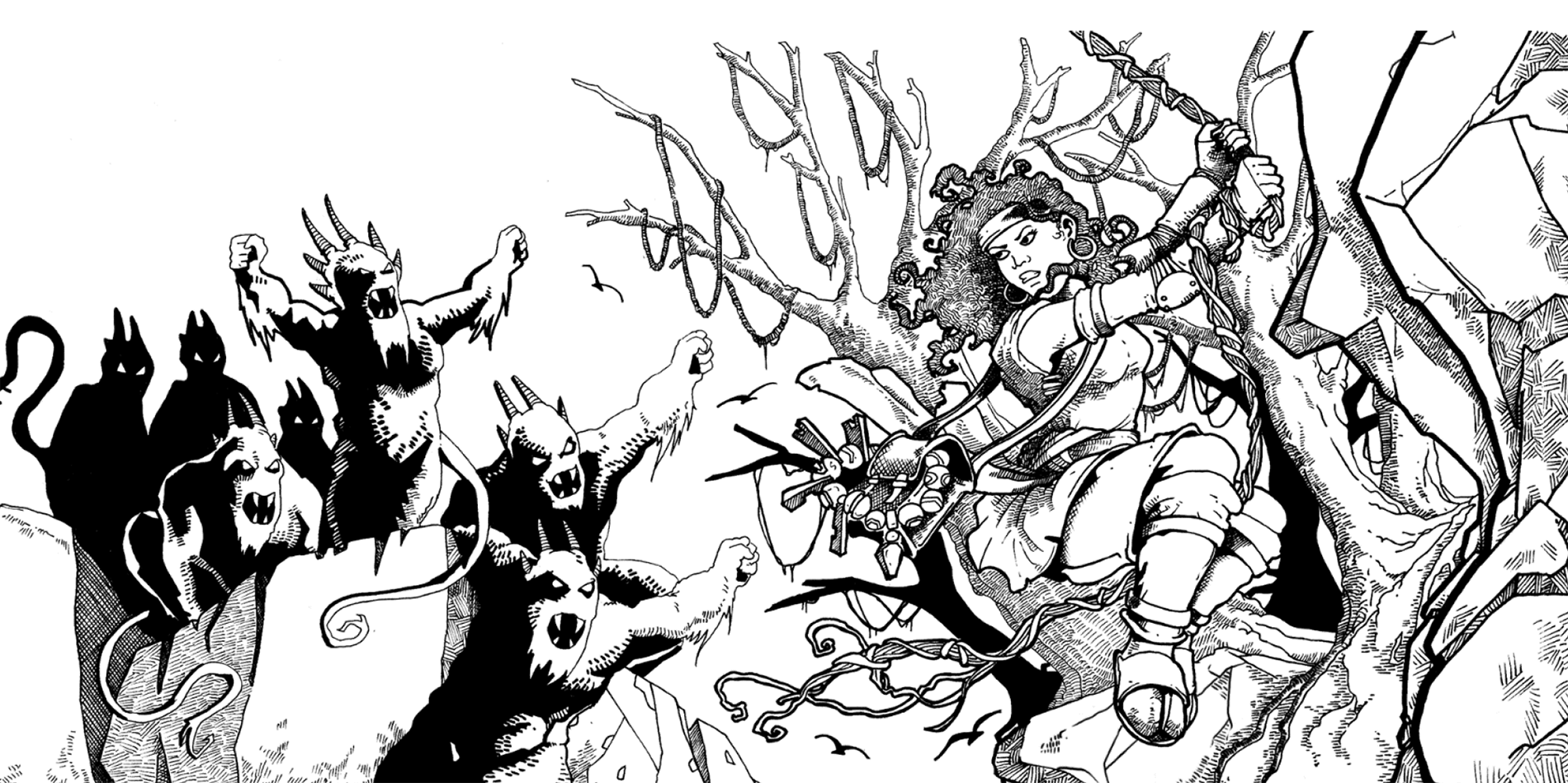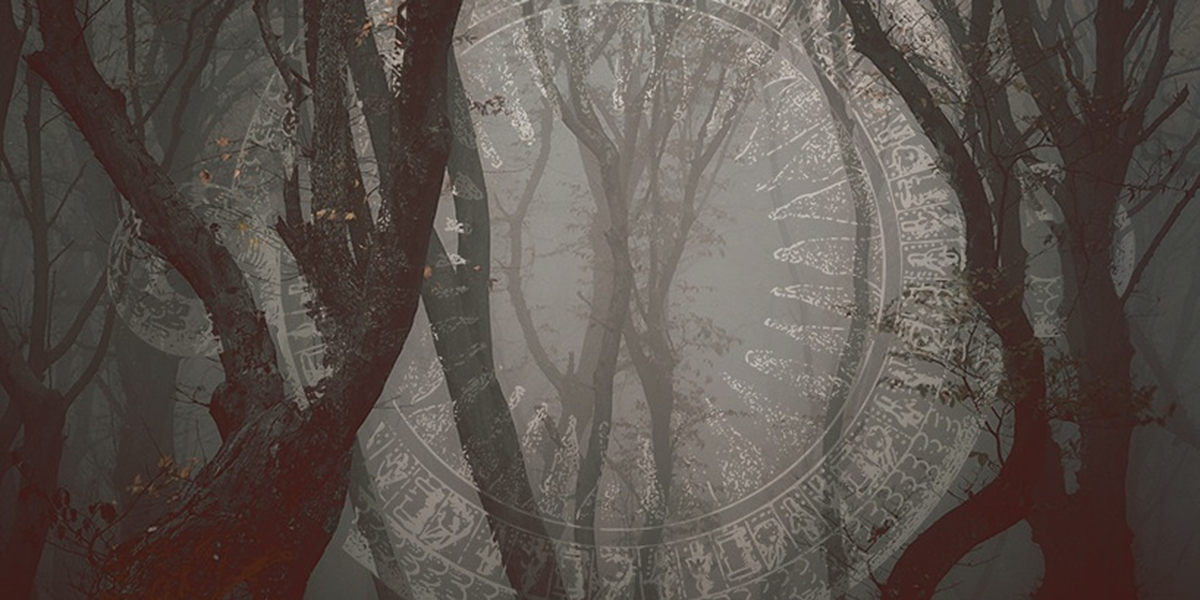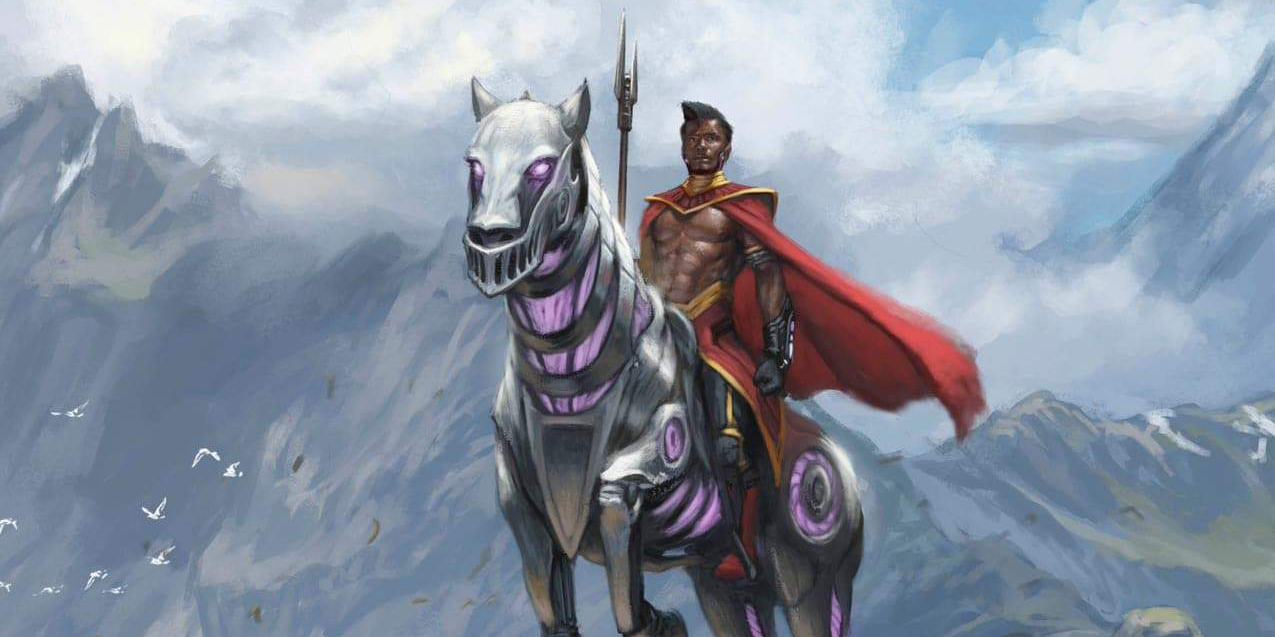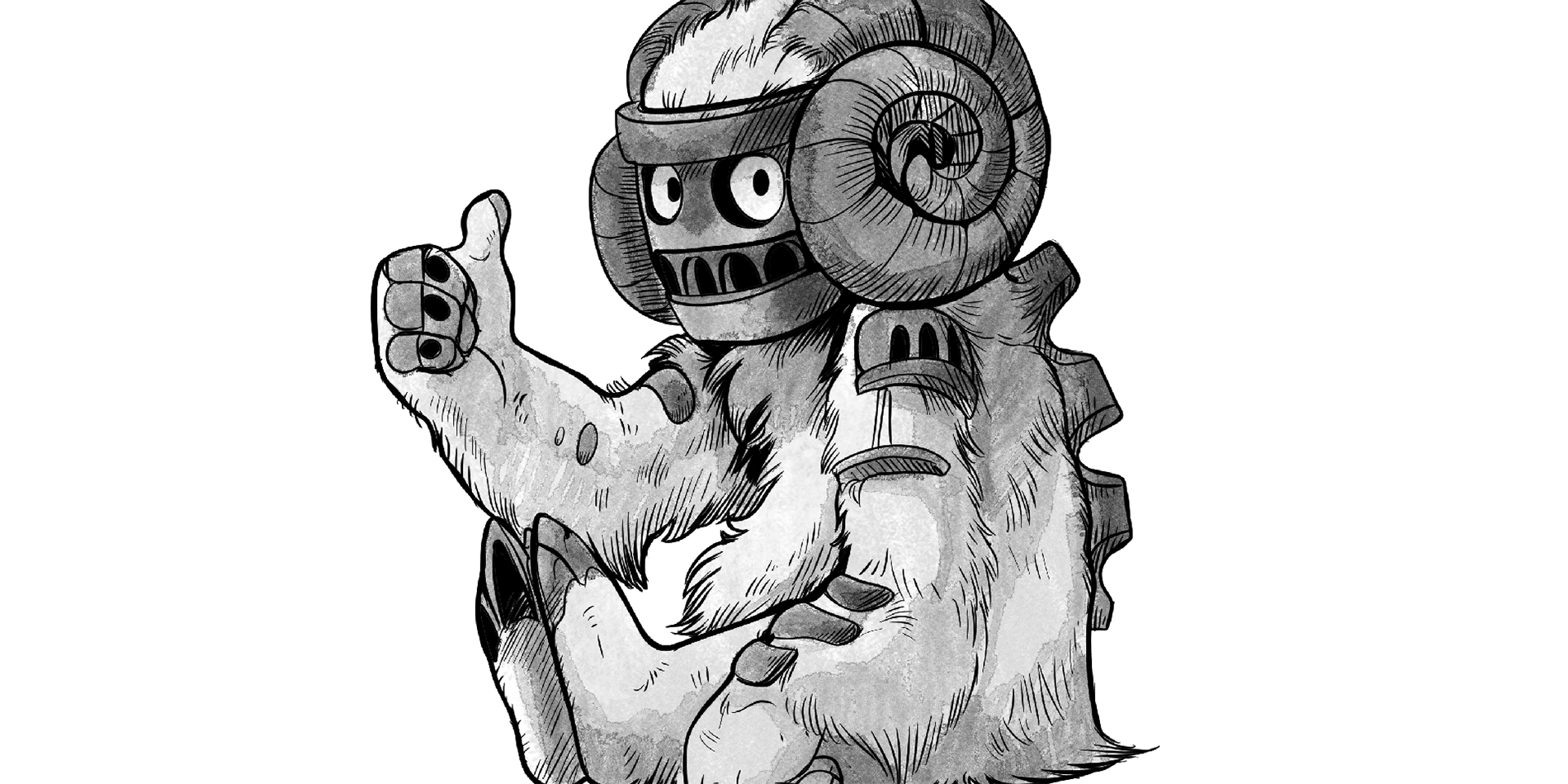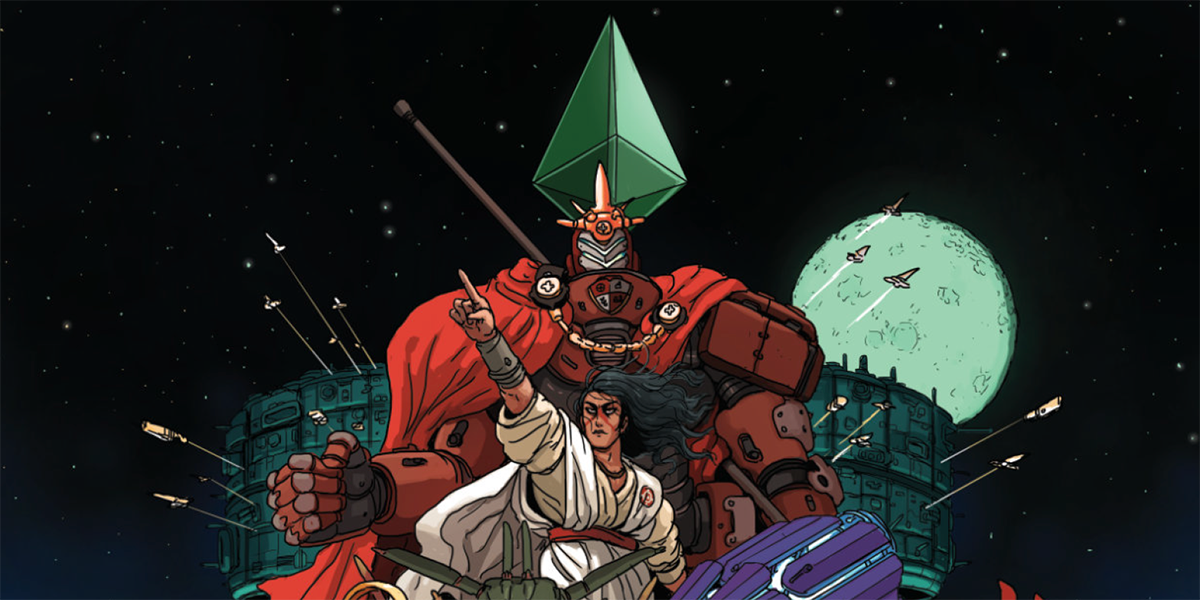In the world of tabletop roleplaying games, there's Dungeons & Dragons, and then there's everything else. Lots of big companies have flooded the market with adaptations of big name properties, like Batman, Dune and Fallout, just to name a few. In the space between these projects, a massive and diverse ecosystem of independent games has been thriving.
Indie TTRPGs offer diverse experiences far beyond the combat mechanics of D&D, and they represent more than just the tinkering of gamers eager to publish. Independent game design has been a core part of the RPG scene since the games were first released in the mid-70s. Here are just a few indie TTRPGs that will delight and in spire.
Dreadful Realms
One hotly anticipated new sourcebook and adventure comes from designers Cat Evans and Liz Gist, who have successfully Kickstarted Dreadful Realms. Most official D&D sourcebooks have a fairly broad focus and aim to give the majority of players something to get excited about. Dreadful Realms does the opposite, by diving into a specific world and embracing its strangeness.
In this case, Gist and Evans have created a dark fantasy setting, an Underworld city "halfway between the realms of life and death." Between the gorgeous, dark art of Gist and the unique creatures and player options, Dreadful Realms offers an outstanding value for players of Fifth Edition who want a dark fantasy setting like no other.
Rogue, Second Edition
Combining influences from both the Old School Revival (OSR) and Belonging Outside Belonging (BOB) design movements, Kazumi Chin has published Rogue Second Edition on itch.io. Rogue has the hard edges and simple design of OSR games coupled with the narrative freedom of story games, like Apocalypse World.
In Rogue, every character is a rogue of some kind. These rogues then choose or invent an "Ace" for their characters, like "A Master Criminal Mind" or "Deadly Hunting Skills." There are powers and weapons, but no real character sheets. While monsters have hit points, they don't have stat blocks. Likewise, characters may be hurt, but instead of losing HP, they suffer Crises that must be resolved through roleplaying and story. At less than 10 thousand words and 32 pages, Rogue 2E packs a ton of dungeon-diving story potential into its pages.
The Hunted
Chris Bissette's The Wretched is a horror game set in space. It uses a Jenga tower and a deck of cards, instead of dice, and even comes with its own soundtrack composed by Bissette.
Now the designer has released another horror game, this time set in the mundane world. Designed as a zero-prep game for 3-5 players, players take on the role of a group of friends who become cut off from civilization and hunted by an unknown entity. The game uses mechanics from other popular games and claims Blades in the Dark, Apocalypse World and Belonging Outside Belonging as its mechanical forebears.
In The Hunted, storytelling will save players' lives, but with every story told, the Hunter grows stronger, too. Bissette's flair for horror fits perfectly with the mechanics for a game any tabletop group can pick up on those nights when a normally scheduled game falls through and no one had any time to prepare.
Swordsfall
Swordsfall is set on Tikor, an "Afropunk sci-fantasy world" where science and the divine coexist, where magic and technology meet. Swordsfall is based on the Genesys RPG system for highly cinematic play, where players don't have to wait 10 minutes before their character finally swings their sword (and misses!) yet again.
Creator Brandon Dixon has assembled a team of artists and writers whose world eels as fresh mechanically as it does artistically. Much of the content is available on the Swordsfall website, completely for free, although an official rulebook is still forthcoming. The art and lore of this wildly diverse world should inspire amazing stories.
On the Shoulders of Colossus and Iron & Lies
Based on the video game Shadow of the Colossus, designer Batts has published a slim 42-page ruleset called On the Shoulders of Colossus, which provides rules for running "colossal games." Featuring original art, the game is 5e compatible, so D&D players will be familiar with all the rules.
Batts has also released Iron & Lies, a game with no dice where "your only tools are the lies you can tell and the blade you hold, if you can find one." In Iron & Lies, characters have Dreams, Nightmares and Hopes they may use as they navigate the worlds of faeries, for whom iron is terrifying and players' dreams are basically their food. It feels a lot like an OSR game with its minimal rules, but it's also like a Miyazaki film, in that characters are subject to the whims of beings far greater than them.
Lancer
Featuring production values on par with the best big name books, Lancer puts players into a far-flung future where humanity has spread among the stars, as a nascent utopian core tries to push back against threats far and wide. Players take on the roles of ace mech pilots within the larger frame of revolution and corpro-state power plays.
Much like Robotech before it, Lancer offers some lovely and crunchy mech customization. Free online tools make tracking mech's abilities simpler, while easy-to-grasp core mechanics mean it's easy to jump into this awesome world. RPG players who have been looking for a great mech game need look no further. Massif Press, run by Tom Parkinson Morgan and Miguel Lopez, even offers the core rule book for free, so there's no reason not to check it out.
Of course, if none of these games appeal, the beauty of indie games is their great variety and their relatively low cost. Many indie designers have committed to the idea of community copies, making available their works to those who cannot afford them so everyone can play. Indie game designers aim for experimentation and iteration, a thriving hub of creation that harkens to gaming's roots with an eye always on the future.

